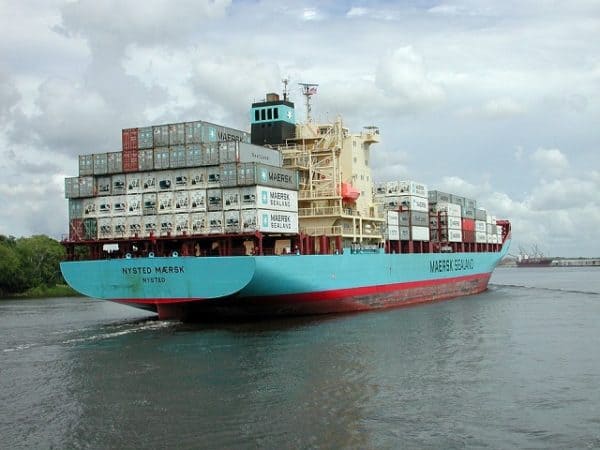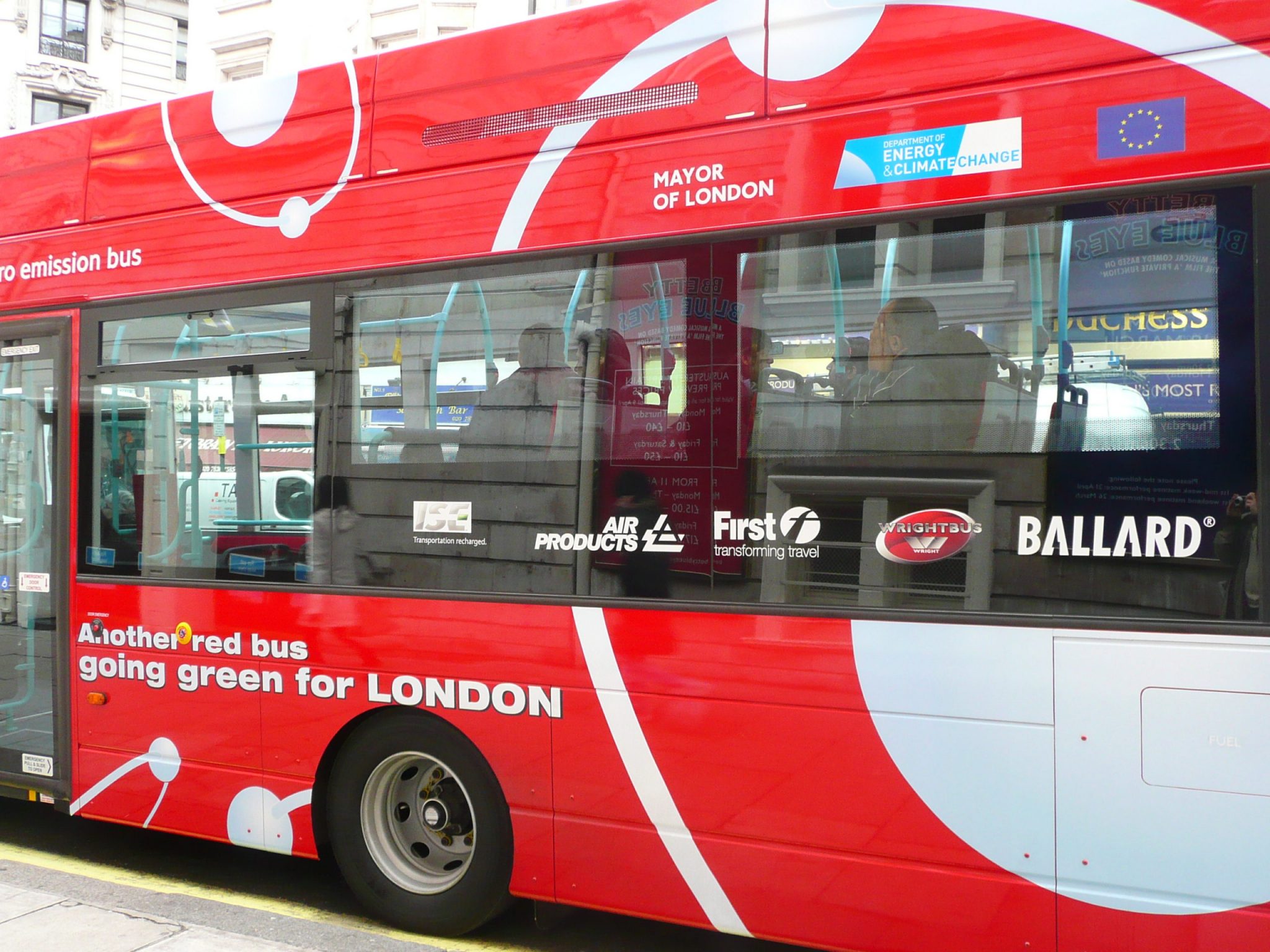
 It’s not news that fuel cell maker Ballard Power Systems (TSX,NASDAQ:BLDP) has been a shareholder disappointment both over the long haul as well as over the past year. But the stock could still make for a good investment, if the Vancouver-based could only navigate its pivot away from the auto market, says energy sector analyst Tim Nash.
It’s not news that fuel cell maker Ballard Power Systems (TSX,NASDAQ:BLDP) has been a shareholder disappointment both over the long haul as well as over the past year. But the stock could still make for a good investment, if the Vancouver-based could only navigate its pivot away from the auto market, says energy sector analyst Tim Nash.
Once worth $179 back in the year 2000, shares of Ballard Power have gone through a rocky ride, nosediving to the $2.00 range by 2009 before picking up steam over the back end of 2017. But since a recent high of $7.57 last November, BLDP has lost almost half of its value once again.
Last week, Ballard experienced a jump in share price due to an announcement that the hydrogen fuel cell company had passed testing by the US Federal Transit Administration, clearing the way for the company to equip more buses in California with its technology.
The move away from the auto market would be a wise one, says Nash, who sees the contest between hydrogen fuel cells and lithium ion cells in the auto sector as all but decided.
“I think a lot of people feel burned by energy storage companies,” says Nash, who writes the blog, The Sustainable Economist, in conversation with BNN Bloomberg. “[Ballard’s] technology is sound, but I think unfortunately they went heavy towards automobiles. They were looking at fitting every car with hydrogen fuel cells and having stations around the country just like we have gas stations, and that hasn’t really happened. I would say that the auto sector has really consolidated around lithium ion batteries as that sort of nice, easy electric play.”
“Everyone’s been waiting for the big breakthrough when it comes to batteries and energy storage, and I think where the market has landed is, ‘We’re going to go with the best technology which right now is lithium ion. We’re just going to make it as cheaply as possible.’ And that’s really the competitive play,” Nash says.
Earlier this month, Ballard announced it would be acquiring assets from Automotive Fuel Cell Cooperation Corporation (AFCC), itself a spin-off from Ballard in 2008 which was geared at hydrogen fuel cell research. AFCC was shuttered in June when owners Daimler AG and Ford Motor Company decided to move their fuel cell development back to Germany and the US, respectively.
“This transaction accelerates the expansion of our fuel cell testing, production and lab capacity at a lower cost, compared to acquiring new equipment,” said Ballard President and CEO, Randy MacEwen, in a statement. “We view this acquisition as a high value and capital efficient transaction from a Ballard shareholder perspective, enabling us to accelerate production growth objectives more efficiently compared to the expected cost of procuring and installing new equipment with long associated lead times.”
Nash says that Ballard’s tech might be better suited to the international shipping market.
“I really worry about Ballard. I know they’re taking some steps to move a little bit more toward financial sustainability and profitability. Unfortunately, I think a lot of people bought them with this explosive growth in mind and that just simply isn’t happening in terms of the car market,” he says.
“Where I see much bigger opportunities when it comes to hydrogen are things like ships,” Nash says. “When it comes to marine power, right now they use a lot of this really heavy nasty diesel —they call it bunker fuel. To be able to shift from bunker fuel to hydrogen to me makes a lot of sense. Really, you’re looking for places where it’s centralized storage.”
“The biggest issue when it comes to cars is, how do you get it in people’s tanks? We’re not going to build all that infrastructure, so having it in a seaport where the ships are going to be anyway, to my mind, makes a lot more sense,” he says.
Leave a Reply
You must be logged in to post a comment.





 Share
Share Tweet
Tweet Share
Share




Comment